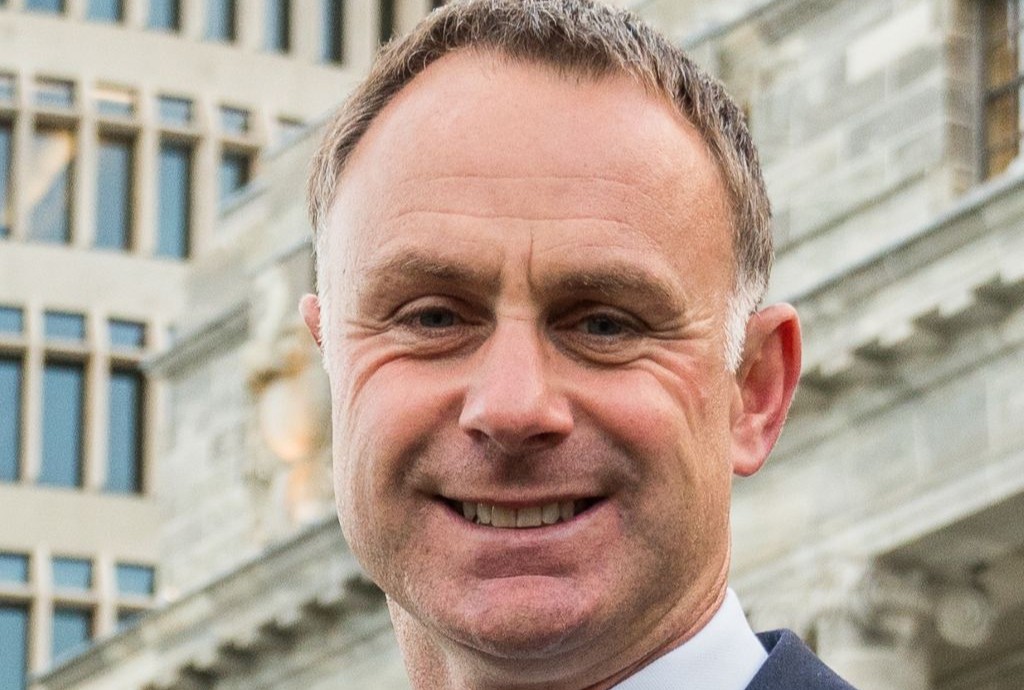Table of Contents
BICOM
BICOM provides accurate, timely and balanced information that is read by officials, experts, journalists and many others.
What happened: 11 Israeli hostages, all children and mothers, and 6 Thai nationals, were released yesterday in the fourth group of hostages released so far. They were taken to Ichilov Hospital in Tel Aviv, where doctors announced that all were in stable condition.
- The release comprised five families from Kibbutz Nir Oz, all of whose fathers remained held hostage in the Gaza Strip.
- In line with the deal reached with Hamas, 33 Palestinian prisoners were released by Israel yesterday.
- The hostage release was delayed due to Hamas breaking terms of the agreement by initially excluding two mothers from the list, despite commitments not to separate mothers and children. This included the exclusion of a mother of 3-year-old twins (whose father remains captive).
- Israel insisted the mothers return with the children, and with US pressure (reportedly from President Biden himself), and with backing from Qatar and Egypt who also supported the Israeli position, Hamas eventually relented.
- Before the release, the Israeli cabinet authorised an agreement between Israel and Hamas extending the pause in fighting for a further two days, starting tomorrow, with 10 Israeli hostages set to be released each day and 60 further Palestinian prisoners released.
Context: In the second round of releases, Hamas reneged on an agreement that all children released would be accompanied by their mothers. 12-year-old Hila Rotem was released without her mother Raya, despite saying after her release that she had been held alongside her mother throughout her period in captivity, and separated only two days before her scheduled release.
- The Bibas family – 9-month-old Kfir, his 4-year-old brother Ariel, and parents Yarden, 34, and Shiri, 32 – had been widely expected to be part of the release, but were not.
- The family is thought to have been kidnapped by Hamas on October 7th before being transferred to another group. They are currently being held in the southern Gaza city of Khan Younis.
- Hostage negotiations are complex and elongated due to the need to pass on messages through a series of mediators.
- On this occasion, Israel also held up the delivery of the daily entrance of 200 trucks of aid, only allowing it to enter in the evening, to correspond with the release.
- More details have emerged from some of the other captives. They include one woman who said that early on in the war she met Hamas leader Yahya Sinwar who told her in fluent Hebrew that they were in the safest place (in an underground tunnel) and would not be harmed.
- Sinwar learnt Hebrew while serving five life sentences in Israeli prison. He was one of the most prominent terrorists released in the deal to free Gilad Shalit in 2011. This is being interpreted in Israel as the latest example of Sinwar’s sadism.
- In another instance, Hamas published a “thank you letter” written by Danielle Aloni to her captors, a day before she was released with her daughter. Hebrew readers were quick to notice clear language that native Israelis would never use, and seen as further proof of Hamas looking to cleanse its image.
- Roni Krivoi, a 25 year old dual Israeli-Russian citizen was released as part of a Hamas goodwill gesture towards President Putin. His family relayed that in one of the bombings, he managed to escape and survived for four days alone in Gaza, before he was captured by Gazans and returned to Hamas.
- Hamas is thought to be keen to prolong the ceasefire beyond the additional two days so far agreed and is reportedly prepared to discuss the release of men and soldiers, albeit under different equation to the women, children and elderly.
- This places Israel in a dilemma over the price of releasing terrorists and murders from prison in exchange.
- Divisions among the top Israeli echelons remain regarding the wisdom of agreeing to an extension to the pause in fighting. Defence Minister Gallant and some in the IDF leadership are known to favour a quicker return to the fighting. Gallant’s coalition partners Gantz and Eisenkot, along with the intelligence leadership, have favoured the pause to release hostages.
- Despite impressive IDF performance, Hamas remains in place in parts of the northern Gaza Strip such as Sajaiya, Jabalya and parts of Rimal. Israeli forces will have to clear these areas of Hamas forces, likely reinforced during the pause, before tackling the southern part of the Strip.
- Operations in the south are set to be complicated, involving dense urban warfare further compounded by the movement south of hundreds of thousands of northern Gazans escaping the earlier fighting in the north.
- Adding to the complex calculations of military planners, there still remains an estimated 163 hostages being held by Hamas in the Gaza Strip.
Looking ahead: Israel has received the list of names for tomorrow’s scheduled release. The list is being reviewed and families of the hostages notified.
- US Secretary of State Anthony Blinken is set to return to the region this week, in his third trip since October 7th, with the US thought to be keen to extend the pause even further.
- Despite concerns that it will be difficult to restart fighting after a pause set to last a minimum of four days, Israel insists it will resume its operation.
JC PODCAST
BICOM Director Richard Pater was recently hosted on the Jewish Chronicle’s Podcast, discussing what the next stages of the war may look like.
You can listen to it here
PODCAST
Episode 221 | Iranian Regional Aggression
In this episode, Richard Pater speaks to Behnam Ben Taleblu about Iranian regional aggression. They discuss the structure of Iran’s proxy network, the extent of Iranian knowledge of Hamas’s plans for October 7th, and the effectiveness of the Biden Administration’s Iran policy. Ben Taleblu is a senior fellow at the Foundation for the Defence of Democracies where he focuses on Iranian security and political issues. A native Farsi speaker, he has testified before the US Congress and Canadian Parliament.
Listen on Apple Podcasts, Spotify and Google Podcasts
Fathom Articles
“What makes the Palestinian predicament special is displacement, occupation and fragmentation – the outcome of their defeat in three Arab-Israeli wars” | Fathom Interview: Dr Shany Mor – Read here
In Memory of Vivian Silver (1949-2023) – Read here
“Israelis and Palestinians don’t fully recognise the trauma the other is living in right now” | Fathom Interview: John Lyndon – Read here
Gaza After Hamas: A Proposal for a Palestinian Future – Read here
“Hamas was expecting Hezbollah to follow… Hezbollah and the Iranians were planning to overwhelm Israel” | Fathom Interview: Hanin Ghaddar – Read here









